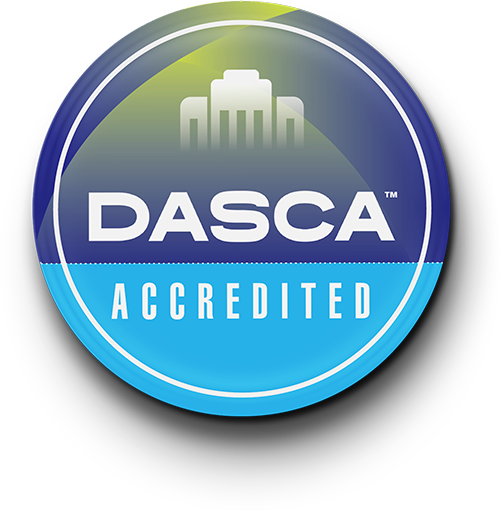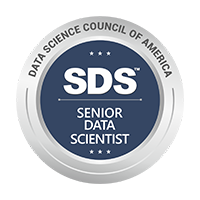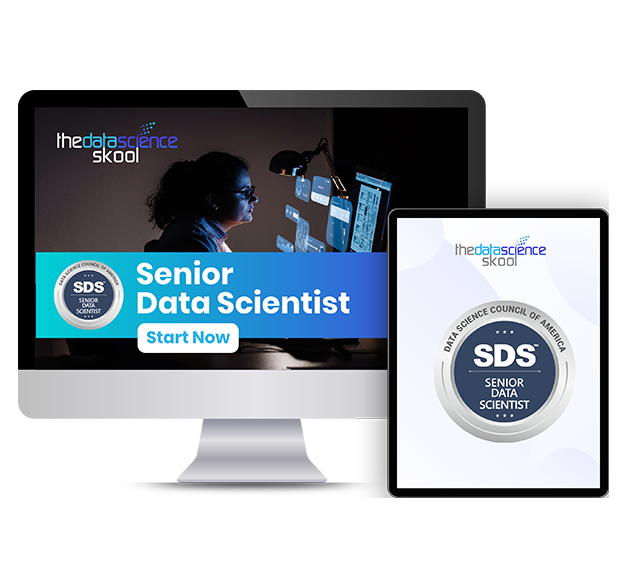Maintain your Credential
Keep Your SDS™ Current – Advance to PDS™
Your SDS™ credential is valid for a fixed term and must be renewed periodically to maintain its recognition. DASCA makes it simple to keep your credential active through a quick renewal process or by upgrading to the prestigious Principal Data Scientist (PDS™) certification — the next step in demonstrating global leadership in data science. Whether you choose to renew or upgrade, you’ll retain:
- Verified Global Credibility with a DASCA-issued digital badge
- Ongoing Recognition by employers, peers, and industry leaders
- Access to DASCA Updates on emerging tools, frameworks, and best practices




















































